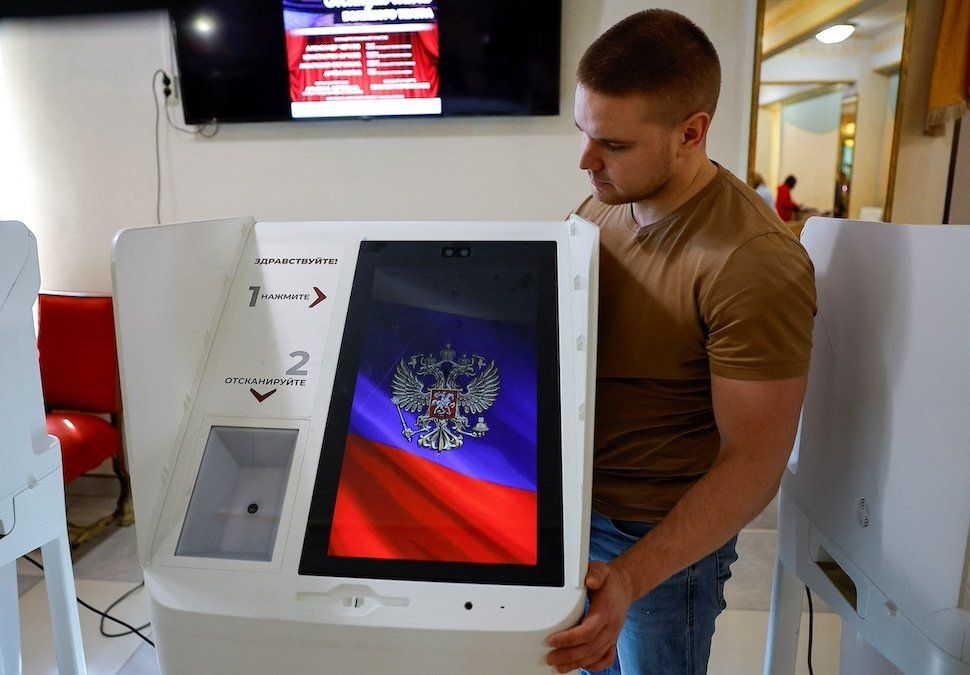Breaking: GZERO Media’s “decision desk” is now ready to project that Vladimir V. Putin will be reelected president of Russia this weekend. We’re walking out on this limb because the Kremlin controls most media in Russia, any opposition candidate who might embarrass Putin is barred from running, and protests are not tolerated.
But there are a few factors worth watching. Will the government get the turnout it wants? Probably. As Eurasia Group’s Alex Brideau told us yesterday, “Government employees, soldiers, and people working for state-owned companies will be under pressure to vote and ensure others vote for Putin, too.” Even if turnout is low, Russian state media will likely tell us it was high.
We should also watch to see if protesters, including supporters of recently deceased political prisoner Alexei Navalny, ignore the risk of arrest, violence, or both to hit the streets of Russia’s largest cities.
The wildcard to watch is whether Ukraine has plans to disrupt the voting in whatever way possible. Recent drone attacks on Russian infrastructure have demonstrated the Ukrainian military’s long reach.
Yes, this carefully choreographed election will probably go off pretty much exactly as planned. But some inside Russia and beyond would like to use this occasion to make their own statements on Russia’s government and its Potemkin democracy.
